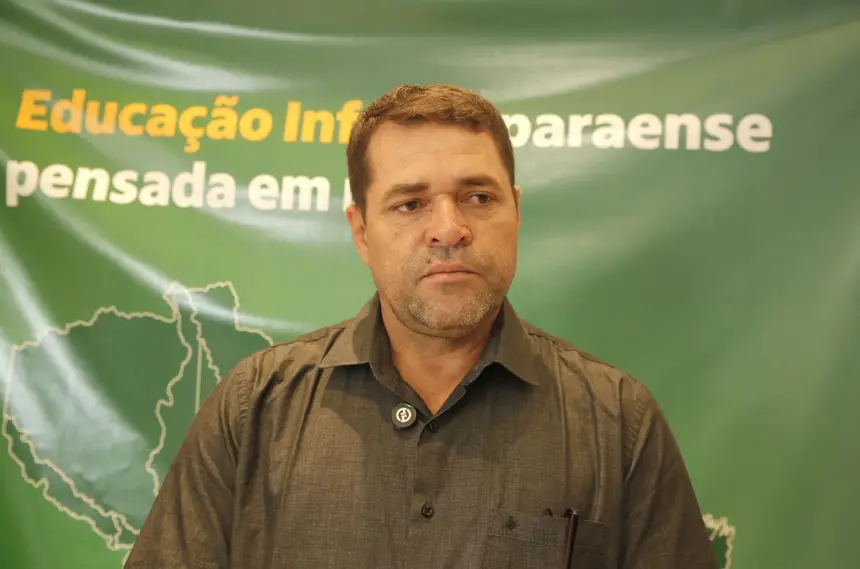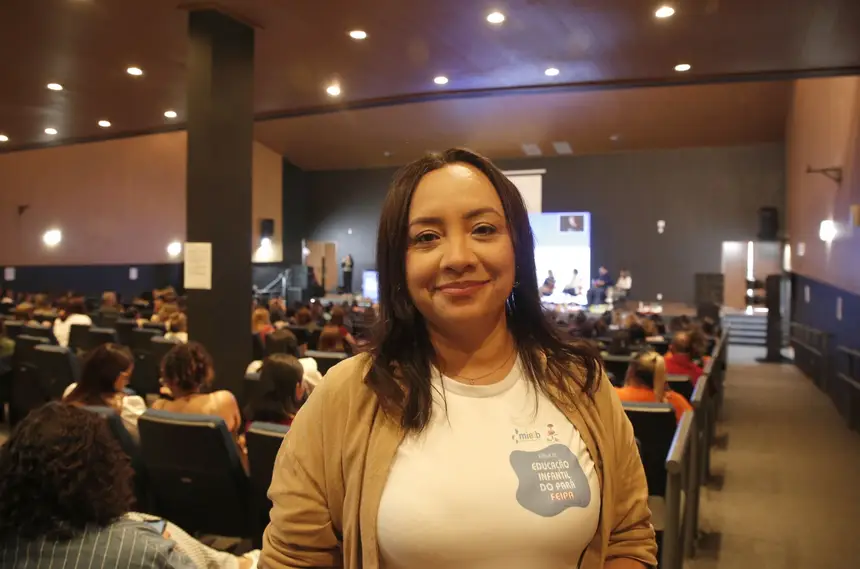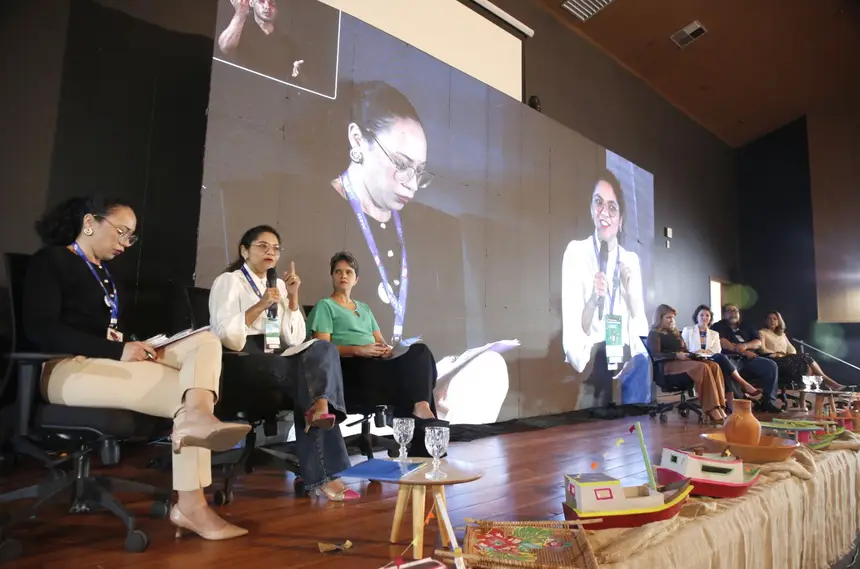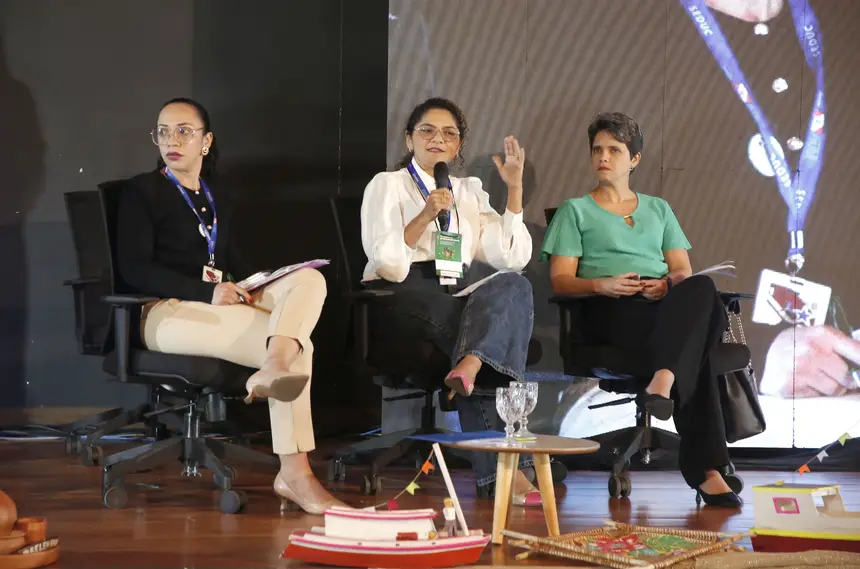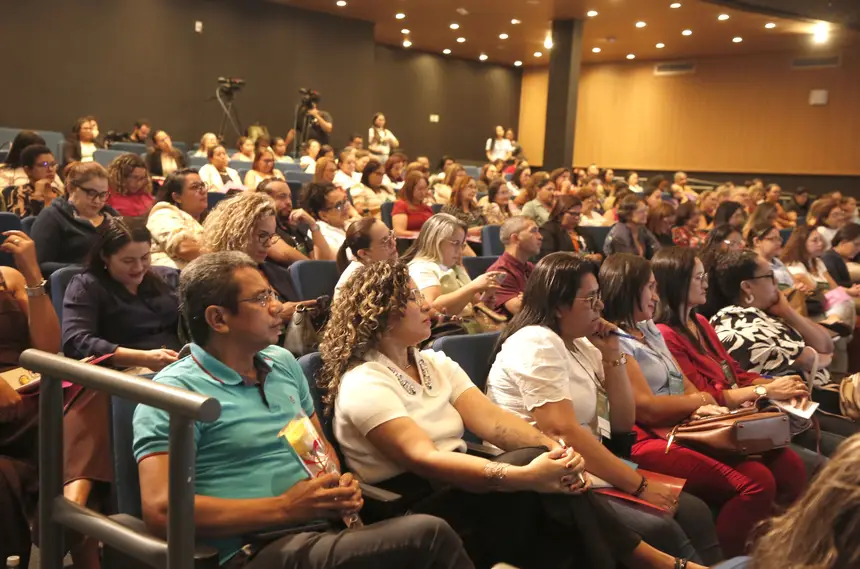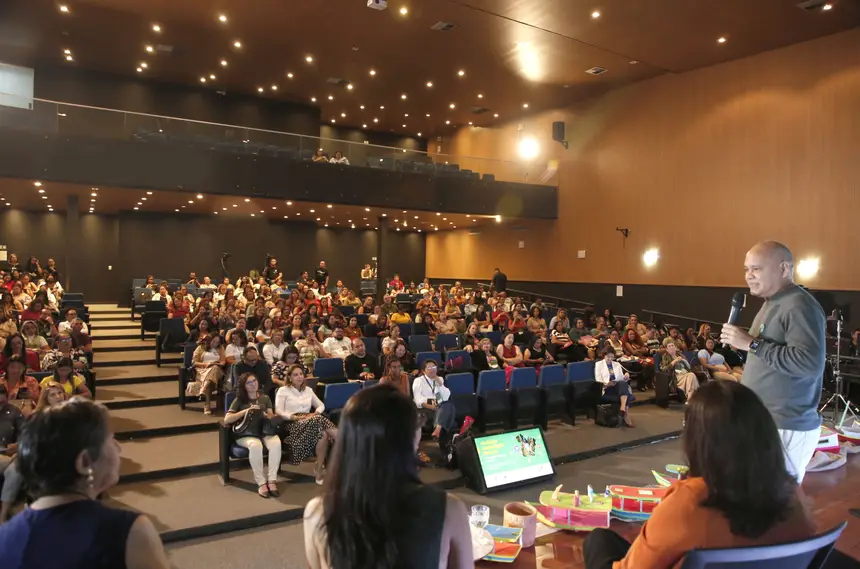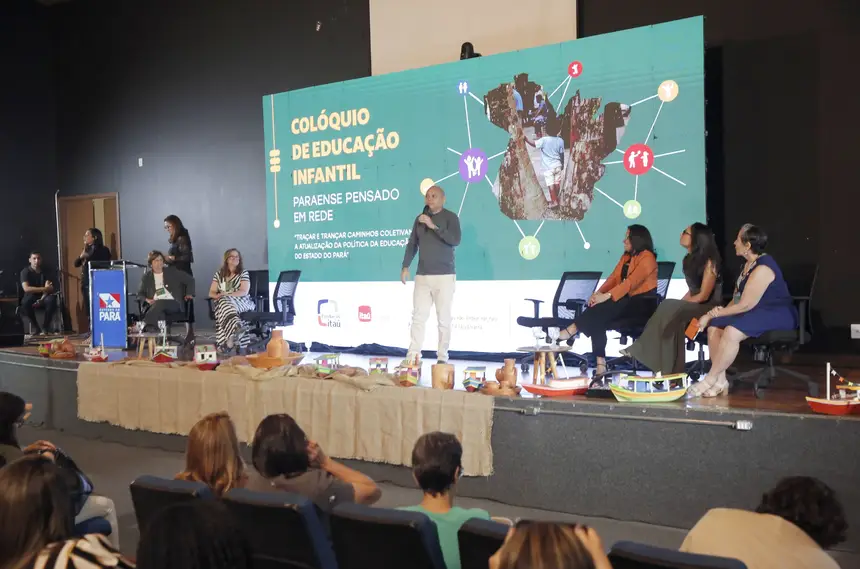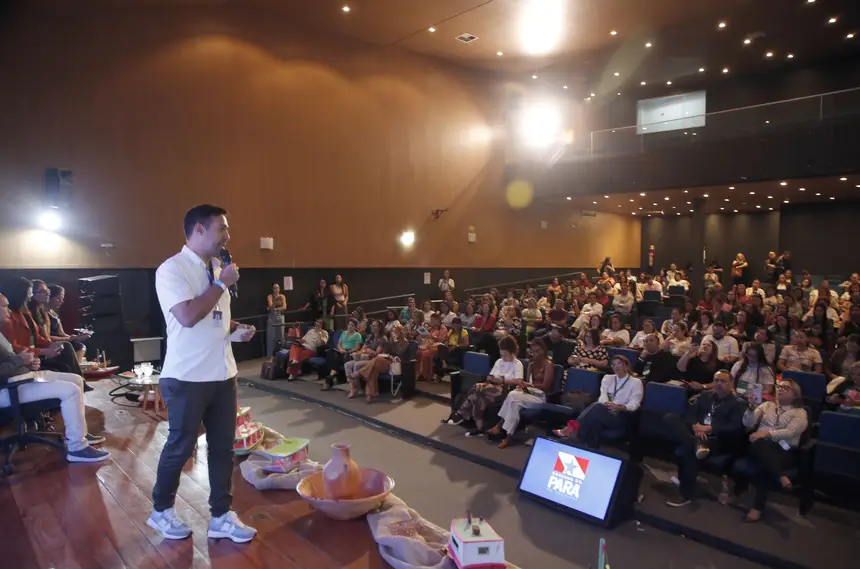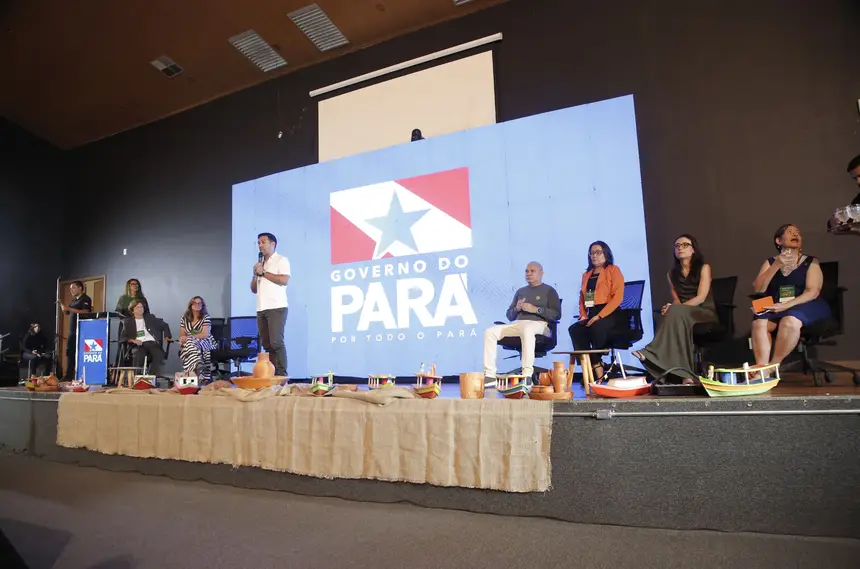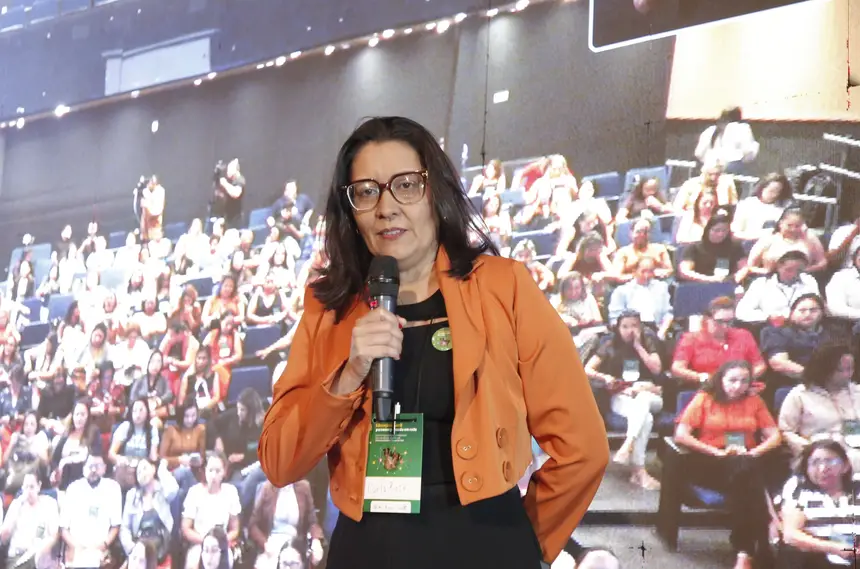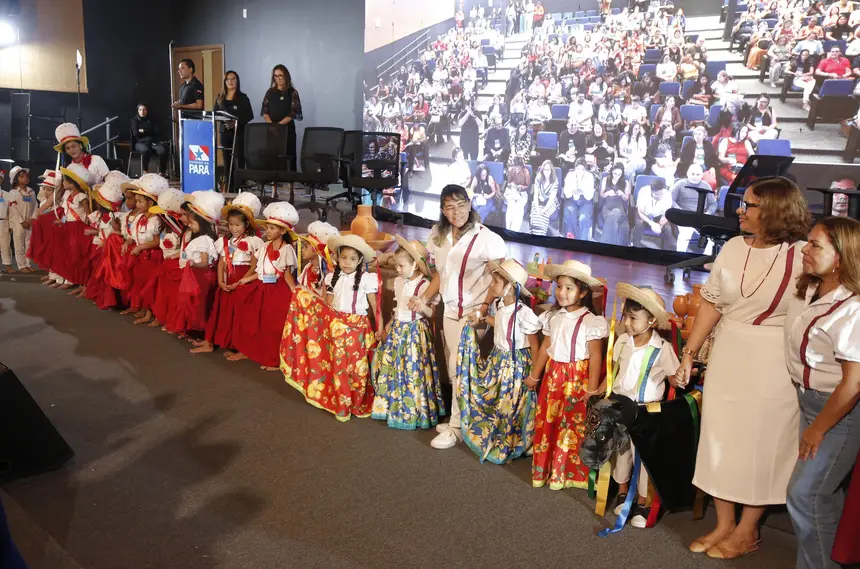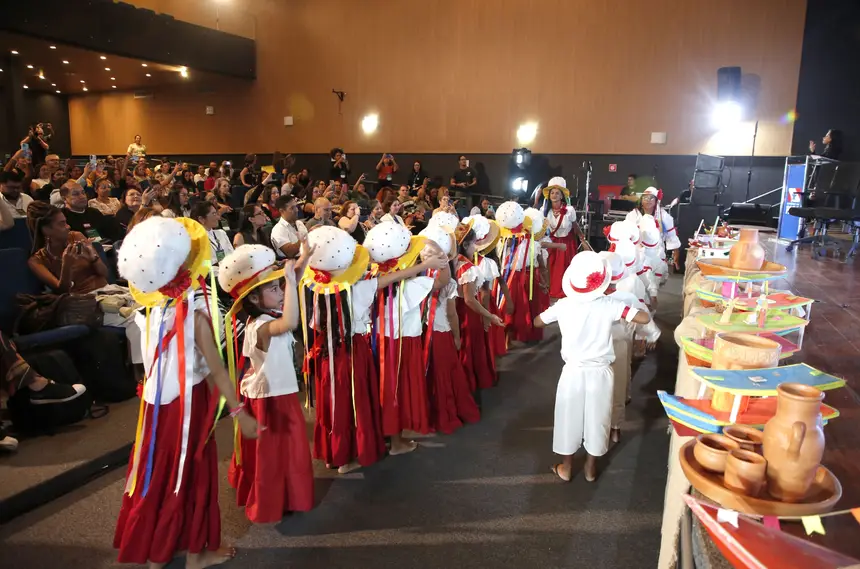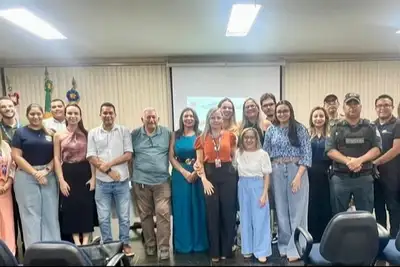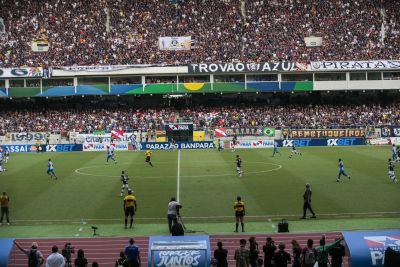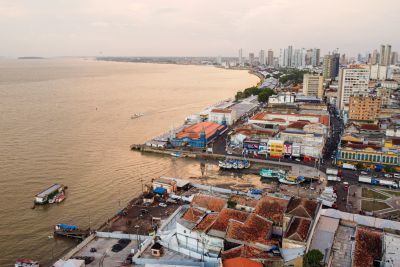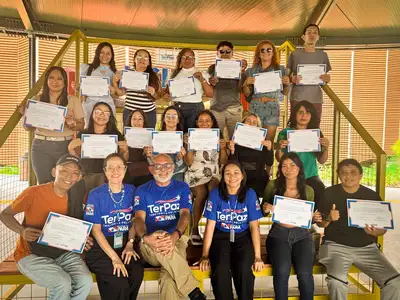Seduc holds the I Early Childhood Colloquium to discuss guidelines for public policy
Event discusses guidelines to strengthen Early Childhood Education in Pará, focusing on the diversity of territories and the collaboration regime between the State and municipalities.
The State Department of Education (Seduc) held, this Tuesday (23), the I Early Childhood Colloquium of Pará, an initiative that marks the process of updating the State Policy for Early Childhood Education. The meeting was held in partnership with the National Union of Municipal Education Directors (Undime/PA), the Early Childhood Education Forum of Pará (Feipa), and Itaú Social, bringing together state and municipal managers, technicians, specialists, and representatives from partner institutions.
With the theme "Pará Early Childhood Education Thought in Network: collectively tracing and weaving paths for the update of the Early Childhood Education Policy of Pará," the meeting discussed the diversity of childhood in the State, strengthening the collaboration regime, and greater equity in serving children aged 0 to 5 years.
The program opened with a cultural presentation by the children of the Professor Orlando Bitar Daycare, and included thematic tables focused on the challenges and perspectives of early childhood education in Brazil, and especially in Pará.
The Deputy Secretary of Basic Education of Seduc, Júlio Meirelles, highlighted the advances achieved in collaboration with municipal networks. "Two years ago, out of every ten children who reached the 2nd grade, only three were literate. Today, we have managed to ensure that seven out of ten reach this stage, a result of the joint effort with the municipalities. Our goal is to ensure that all are literate by the end of the 2nd grade and thus build a generation with better learning quality," he stated.
For the Director of Early Childhood and Elementary Education at Seduc, Carla Reis, the colloquium is an essential space for listening and participation. "The goal is to bring together specialists and municipalities to discuss the state policy for Early Childhood Education, rewrite it, and update it in light of the diversity of the Amazon. Tomorrow, we will have workshops and working groups that will contribute to the collective elaboration of this policy, which will then be implemented in all municipalities," Carla Reis informed.
The Implementation Manager at Itaú Social, Cláudia Varela Sintoni, reinforced the collaborative nature of the initiative. "It is a bold and very important attitude to see the State calling municipalities, partners, and society to collectively think about Early Childhood Education. We are available to contribute with research, knowledge production, and technical support," she stated.
Professor Miriam Amaral, from the Early Childhood Education Forum of Pará, emphasized the defense of the child as a subject of rights. According to her, "the stage of Early Childhood Education needs to guarantee experiences of reading, writing, and culture from an early age, always respecting the child's developmental milestones. Feipa works to ensure that this policy is built in a network and with quality."
Highlighted municipalities - Among the examples of good practices presented is the municipality of Brasil Novo, in the Xingu Integration Region, which achieved the best literacy rate in Pará, with 87.6%. The municipal secretary of education, Wederson Noininche, attributed the result to the partnership with the State. He assured that "the support from Seduc has been essential, with tools and technical support. This union strengthens the municipality and gives us the conditions to advance even further in the quality of education."
The event continues until this Wednesday (24), when workshops and working groups will be held at the Basic Education Professionals Training Center of Pará (Cefor).


